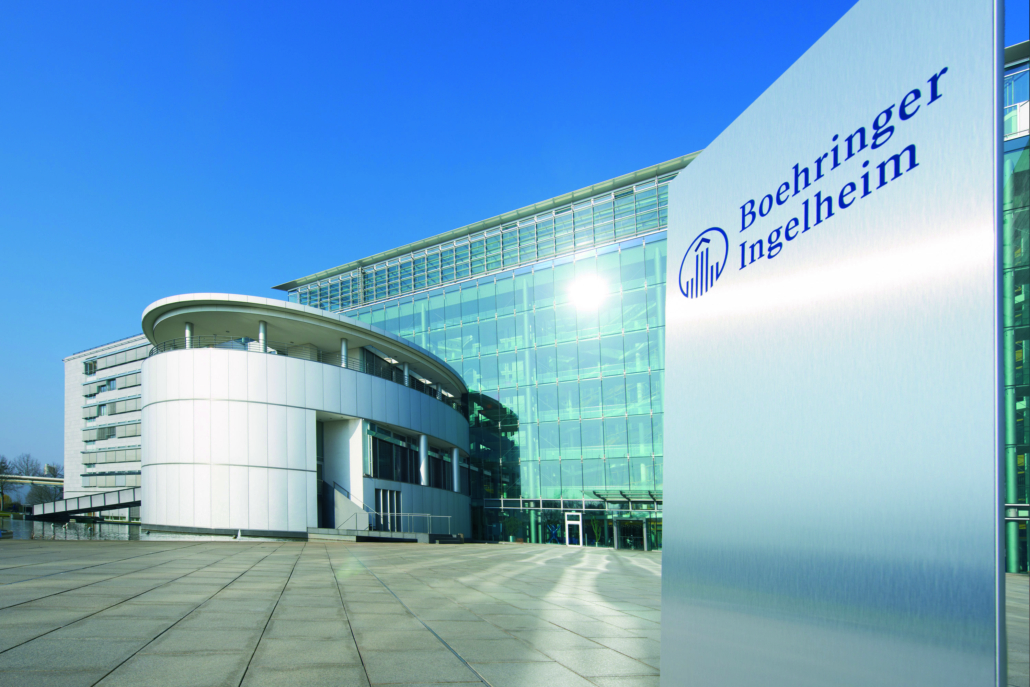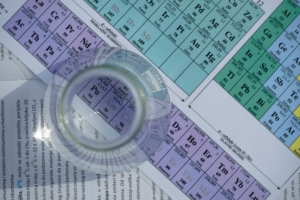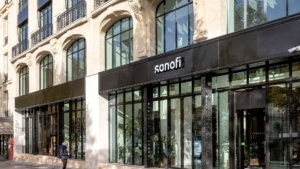
Boehringer Ingelheim’s Humira biosimilar meets endpoint
Boehringer Ingelheim has presented detailed pivotal double-blinded Phase III data, which prove comparability of its biosimilar candidate BI695501 to Humira in patients with moderate to severe Rheumatoid Arthritis.
Our data demonstrate that BI695501 and its reference product Humira (adalimumab) are comparable in terms of safety, efficacy and immunogenicity, Karsten Kissel, Head of Global Medical Affairs Biosimilars at Boehringer Ingelheim, told European Biotechnology. Headline results had been already announced in October 2016. At EULAR 2017 in Madrid, however, detailed results were presented for the first time.
The co-primary endpoint, ACR20 after 12 and 24 weeks of biweekly subcutaneous administration of a 40 mg/kg dose of BI695501 + methothrexate vs Humira + methothrexate was met (12 months: 67% vs. 61.1%, 24 months: 69% vs 64.5%) in the VOLTAIRE-RA study. But also ACR50 (24 m: 36.8% vs 38.8%), and change in DAS28 (24 months: -2.4 vs -2.4) were equivalent within the required tolerance margins. Boehringer said it will announce 1-year follow-up data at a future meeting. An additional study (VOLTAIRE-AI), which compared pharmakokinetics with different administration route (prefilled syringe vs autoinjector) showed bioequivalence. That’s great news for patients and physicians, said Kissel. If approved by regulatory authorities and once launched, Boehringer Ingelheim’s adalimumab biosimilar would increase the treatment options for patients with autoimmune diseases. The company already filed for a BLA in the US and EU market authorisation which were both accepted in January.
At the moment, only Amgen’s adalimumab Amgevita has received US and EU approval but is not yet marketed. Phase III clinical data have also been published this year for other candidates such as PF06410293 (Pfizer), GP2017 (Sandoz), and Solymbic (Amgen). Boehringer has another published late-stage biosimilar candidate (BI695502 – a biosimilar bevacizumab/Avastin). The company said development for biosimilar monoclonal antibodies was complementary to its existing activities in drug development and 35-year experience in manufacturing of biologics.




 SANOFI
SANOFI